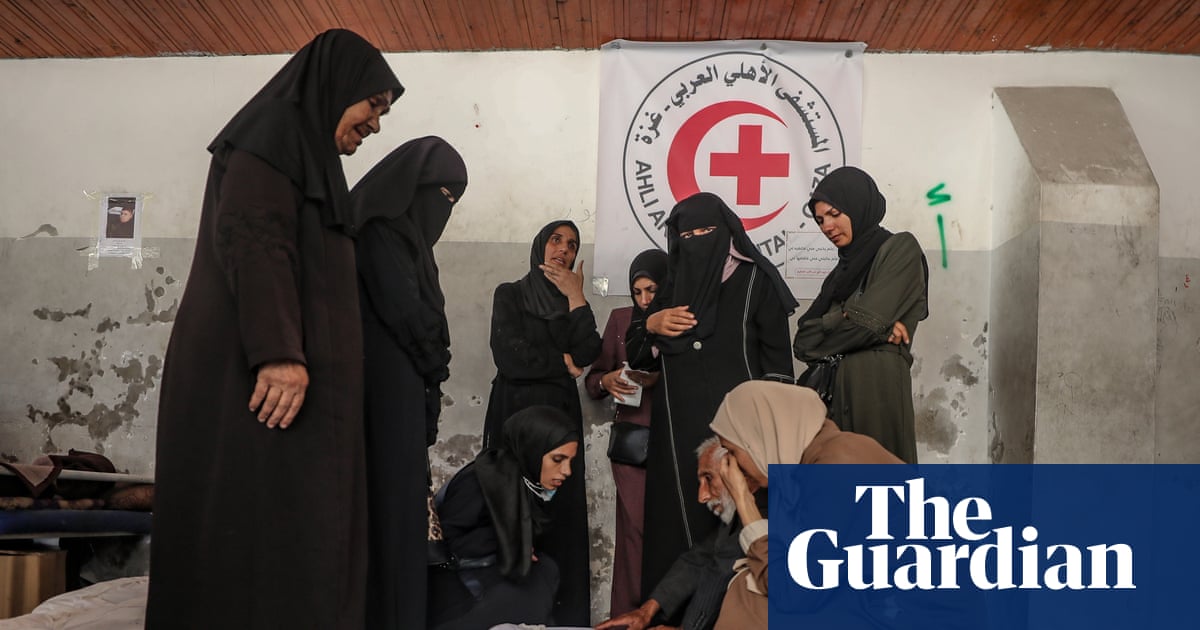For two years, Ismail Baba had dreamed of a ceasefire. The father of four had been displaced 11 times during the war in Gaza and was struggling to find adequate food for his children amid a worsening hunger crisis.
When a ceasefire was announced last week, Baba thought he could finally relax. Though his home was still plagued by chaos, at least he knew his family would not be struck by an Israeli bomb.
The fleeting peace, however, was shattered on Sunday morning by a wave of Israeli airstrikes across Gaza, after Israel claimed Hamas militants targeted its troops in southern Gaza.
“I felt the end of the false sense of safety we were clinging to. We had barely started to move freely between areas again, and now we are back to fear and caution,” said the 48-year-old from Beit Lahiya in north Gaza.
Nine days into the ceasefire, Palestinians in Gaza are increasingly worried that the fragile truce could collapse and full-scale war will restart. They have been here before; in March a ceasefire ended after Israel resumed bombing and declined to move to a second phase of a ceasefire that would have permanently ended the war.
There are parallels with last March. Israel and Hamas have agreed to the first phase of a ceasefire to facilitate the return of Israeli hostages, but deep disagreements remain over how to implement the second phase of the US-drafted plan to move to a permanent truce.
On Sunday, residents wondered if there was even still a ceasefire. Israel unleashed a wave of airstrikes targeting south, north and central Gaza in what it said was a response to an attack on its soldiers by Hamas militants earlier in the day.
“I fear that the ceasefire could collapse at any moment, especially now. Since the ceasefire began, not a single day has passed without attacks or casualties. And yet, we cannot say a word,” said Baba.
In Gaza City on Saturday, a funeral was held for the victims of an Israeli strike the day before. A car carrying a family wanting to check on their home in Gaza City had strayed over the withdrawal line which marked where Israeli troops were still operating in Gaza. Israeli tanks fired two shells at the car, killing 11 members of the Abu Shabaan family, including seven children.
“Shreds, shreds, they are in shreds. All of them. They are torn to pieces. I don’t know if I am saying goodbye to my son or my daughter,” Umm Mohammed Shaaban told Al Jazeera while attending the funeral of her family.
Israeli troops are still occupying about 50% of Gaza, denoted on maps by a thick yellow line that indicates where civilians can go in the first phase of the ceasefire. Civil defence officials said there was no way for people to know when they had crossed over the line.
Israeli officials have since said they will be physically marking the line with large concrete blocks. “The truce is fragile, the truce is on paper. On the ground, we are dying. This is the reality, this is the truce. It is a truce coloured in red, it is all blood,” a man attending the funeral for the Abu Shabaan family told Al Jazeera.
Despite the intense day of violence, Palestinians still clung on to hope that the two sides could work out their disagreements and that the ceasefire might hold. The return of Israeli bombing after just a fleeting moment of relief was a nightmare too painful to imagine.
“I hope the ceasefire continues, and that our social, economic and political life improves so that one day we can return to our homeland. I know the north has become a disaster zone, unfit for living, yet we still have the will to rebuild and start again. This can only happen if the ceasefire holds,” said Baba.


